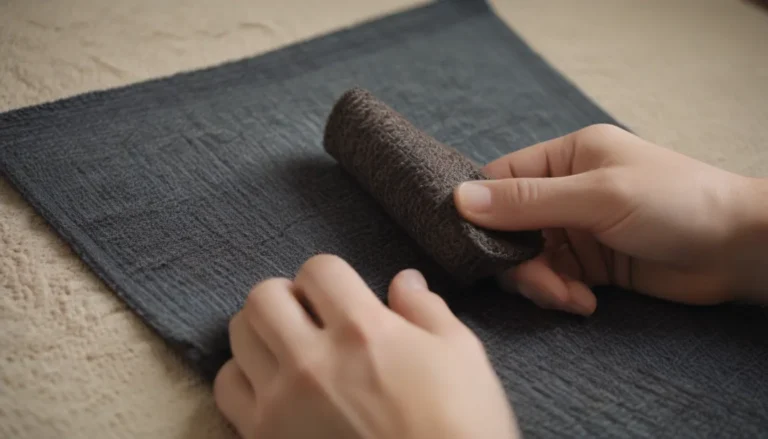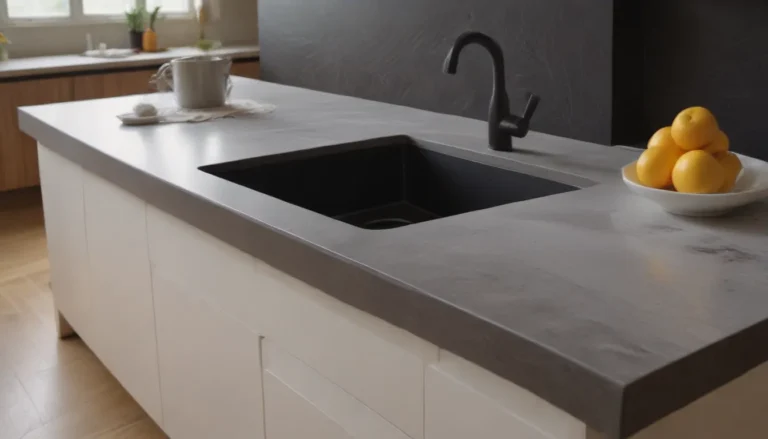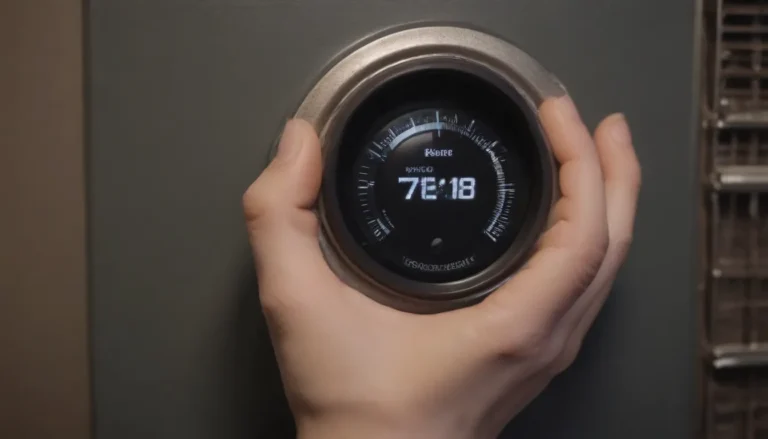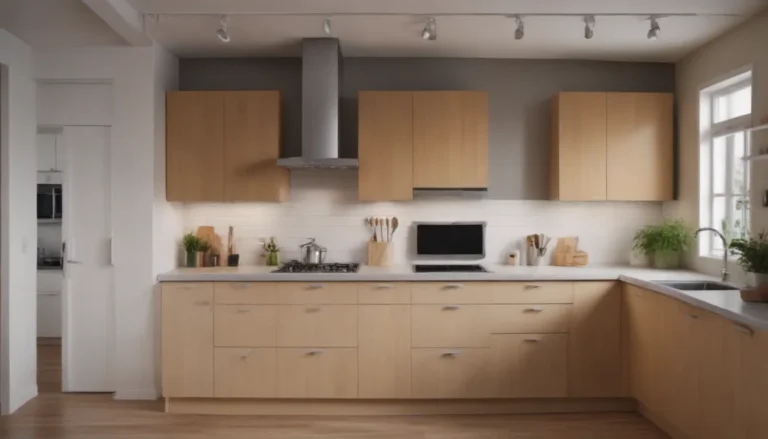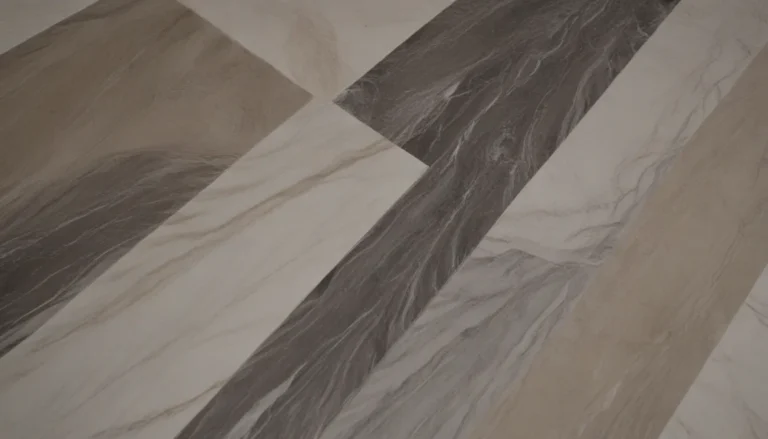Vinyl vs. Laminate Flooring: Exploring the Key Differences
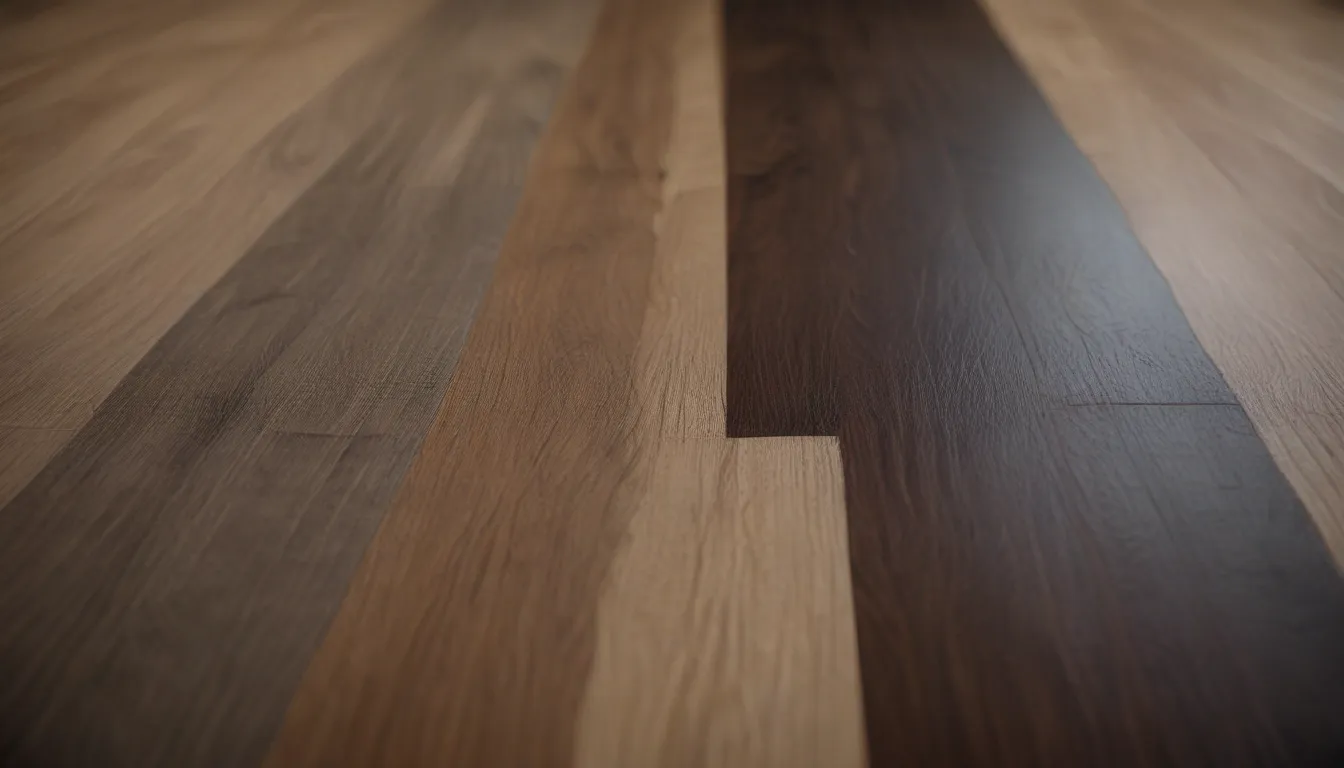
When it comes to choosing new flooring for your home, there are a variety of options available on the market. Two popular choices that often come up in discussions are vinyl and laminate flooring. Both types of flooring are known for being durable, economical, and attractive, making them top contenders for many homeowners.
While vinyl and laminate flooring may seem similar at first glance, there are crucial differences between the two that can greatly impact your decision. In this comprehensive guide, we will delve into the key dissimilarities between vinyl and laminate flooring, exploring factors such as moisture resistance, durability, maintenance, and more. By the end of this article, you will have a better understanding of which type of flooring is best suited for your needs.
Vinyl Flooring: A Closer Look
Before we dive into the differences between vinyl and laminate flooring, let’s take a closer look at what vinyl flooring is and its key characteristics:
- Composition: Vinyl flooring is a 100% synthetic material that is typically made up of multiple layers, including a base layer of fiberglass coated in PVC and a plasticizer. The surface of vinyl flooring is printed and embossed, with wear layers and a layer of no-wax polyurethane applied on top.
- Types: There are various types of vinyl flooring available, including sheet vinyl, vinyl tiles, and vinyl plank flooring. Luxury vinyl flooring, in particular, comes in planks or tiles that interlock to create a floating floor.
- Water Resistance: Vinyl flooring is known for its high level of water resistance, with materials such as sheet vinyl, LVT, and LVP being considered waterproof. However, it’s essential to note that seams between planks and tiles can still allow water to reach the subfloor in certain circumstances.
The Benefits of Vinyl Flooring
- Easy to install, with options for floating floors
- Excellent water resistance, making it ideal for high-moisture areas
- Durable and low-maintenance, suitable for high-traffic spaces
- Wide range of styles and designs available
Laminate Flooring: Exploring Its Features
Now, let’s shift our focus to laminate flooring and its unique characteristics:
- Composition: Laminate flooring is made up of layers of wood byproducts bonded with resins, with a hard, transparent plastic wear layer covering the top surface. Laminate planks are typically thicker than vinyl planks, providing added durability.
- Appearance: Laminate flooring offers a realistic look that mimics various materials like hardwood, stone, and ceramics. The top layer of laminate can feature deep, three-dimensional embossing for a natural aesthetic.
- Water Resistance: Unlike vinyl flooring, laminate flooring is not waterproof. The fiberboard core used in laminate can soften and swell when exposed to water, making it less ideal for wet areas.
The Advantages of Laminate Flooring
- Realistic appearance that closely mimics natural materials
- Easy click-and-lock installation method
- Durable and low-maintenance, but may delaminate over time with water exposure
- Cost-effective alternative to hardwood and other high-end flooring options
Key Differences Between Vinyl and Laminate Flooring
Now that we’ve explored the characteristics of vinyl and laminate flooring, let’s break down the major differences between the two types of flooring:
- Materials: Vinyl flooring is 100% synthetic, while laminate flooring has a wood fiberboard core.
- Water Resistance: Vinyl flooring is waterproof, making it ideal for areas prone to moisture. Laminate is not waterproof and can suffer damage from prolonged exposure to water.
- Appearance: Laminate flooring offers a more realistic look that closely resembles natural materials. Vinyl flooring, particularly LVP, can also provide a realistic appearance with deeper embossing.
- Cost: Both vinyl and laminate flooring are competitively priced, with options available for budget-conscious homeowners.
- Installation: The ease of installation for vinyl and laminate flooring is similar, with both featuring click-and-lock methods for DIY installation.
- Durability: Vinyl flooring is more durable and resilient than laminate flooring, making it a preferred choice for high-traffic areas.
- Maintenance: Vinyl flooring is easier to clean and maintain compared to laminate flooring, offering versatility in cleaning methods.
- Lifespan: Both vinyl and laminate flooring have similar lifespans if properly cared for, with warranties ranging from 10 to 25 years.
Which Flooring Option is Right for You?
When it comes to choosing between vinyl and laminate flooring, there is no one-size-fits-all answer. Here are some factors to consider when making your decision:
- Moisture Resistance: If you need flooring for high-moisture areas like bathrooms or basements, vinyl flooring is the better choice due to its waterproof properties.
- Appearance: For a more realistic look that mimics natural materials, laminate flooring may be the preferred option.
- Cost: Consider your budget and the overall cost of the flooring, keeping in mind that both vinyl and laminate are cost-effective alternatives to hardwood.
- Durability: Vinyl flooring is known for its durability and resilience, making it a suitable option for high-traffic areas or homes with pets.
- Maintenance: Vinyl flooring is easier to clean and maintain, offering a hassle-free solution for homeowners.
Ultimately, the decision between vinyl and laminate flooring will depend on your specific needs, preferences, and budget. Both types of flooring offer unique benefits and can be a stylish addition to any home when chosen wisely.
Top Brands to Consider
If you’re in the market for vinyl or laminate flooring, here are some top brands to consider:
- Laminate Flooring: [List of top laminate flooring brands]
- Vinyl Flooring: [List of top vinyl flooring brands]
By exploring different brands and products, you can find the perfect flooring solution that meets your requirements and fits your style preferences.
In conclusion, while vinyl and laminate flooring share some similarities, such as ease of installation and attractive design options, they also have distinct differences in terms of materials, water resistance, durability, and maintenance. By understanding these key disparities and considering your specific needs, you can make an informed decision when choosing between vinyl and laminate flooring for your home.
Remember to prioritize factors like moisture resistance, appearance, cost, durability, and maintenance when selecting the right flooring option for your space. Whether you opt for vinyl or laminate, both types of flooring can enhance the beauty and functionality of your home, providing a durable and stylish foundation for years to come.

